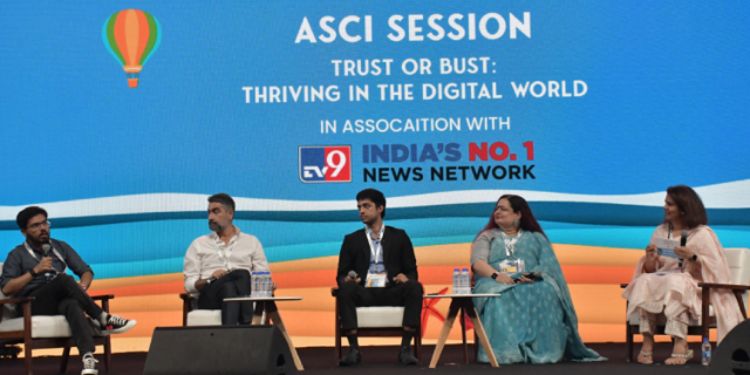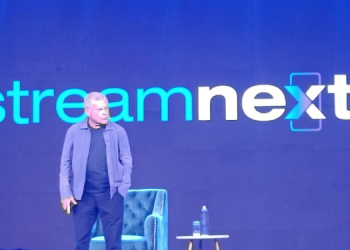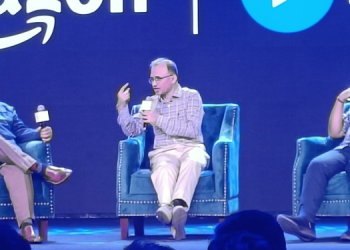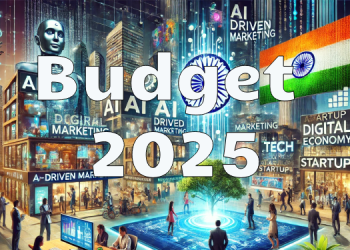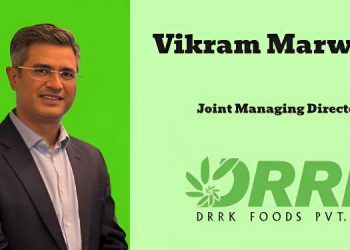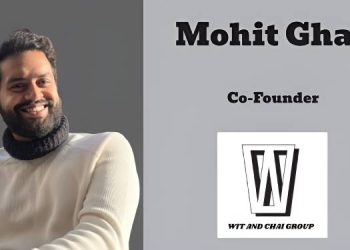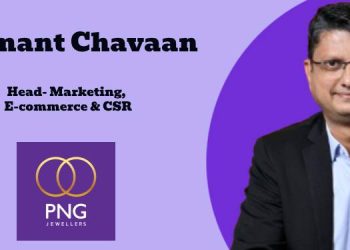The third Knowledge Seminar, titled “Trust or Bust: Thriving in the Digital World,” took place on the second day of Goafest 2024, hosted by Malayala Manorama in partnership with ASCI.
This event featured an esteemed panel of experts, including Amit Doshi, Chief Marketing Officer at Britannia; Falguni Vasavada, a Professor at MICA and Digital Creator; Paras Sharma, Director of Global Partnerships at Meta; and Sharan Hegde, Finance Content Creator and Co-founder and CEO of 1% Club. Manisha Kapoor, CEO & Secretary General of ASCI, moderated the discussion.
During the engaging session, the panelists delved into the complexities of building and maintaining trust in the digital era.
Amit Doshi highlighted that trust between consumers and brands has become a reciprocal relationship, emphasizing the critical importance of brands actively listening to consumer conversations.
“While this idea of personal interaction has been around for years, truly understanding and practising it daily is challenging. The key takeaway is that the trust we have built over the years is now a responsibility. In today’s environment, we cannot take this trust for granted. Every interaction is a fresh opportunity to reaffirm our commitment to delivering consistent quality and experience, much like what Britannia has done for years,” he stated.
In response to a question from Manisha, Sharan Hegde emphasized the vital role finance content creators play in simplifying complex financial topics and providing accessible advice.
He pointed out that financial scams have been prevalent for a long time and that the burgeoning digital content space is beginning to address financial literacy. “Building trust is relatively straightforward, but once lost, it can be irretrievable due to a single misstep or adverse news. Thus, the emphasis must be on consistently maintaining and nurturing that trust,” he remarked.
Speaking on the scams in the financial sector and the factors required to build a circle of trust, Hegde said, “Financial scams existed long before finfluencers appeared. If you look at the financial ecosystem—banks, financial advisors, etc.—we’re only now seeing financial influencers emerging. Despite all this, we’ve barely scratched the surface in terms of financial awareness. We haven’t even crossed 1 percent in financial literacy, and financial scams are always going to be there. It’s impossible to stop miscreants from doing what they do. The first thing people forget is that one needs to understand regulations properly.”
He stressed the importance of influencers obtaining licenses from SEBI.
“Some finfluencers think that having a huge following allows them to provide advice and collect money. They believe no one will notice, but SEBI is smarter than that—they will eventually find out. Trust can be built, but once lost, it is lost forever. It’s about how you build trust. It’s very easy: you educate the audience, making them aware of what is right and wrong. Recently, I started talking about how not all investments or offerings from banks are good for customers. People think otherwise, but I began educating them on the same. It is also about building and keeping that trust,” he added.
Vasavada spoke about her journey as a content creator: “Being an academician for over two decades, I always had forums to talk about academic areas, expertise with my students, conferences, etc. At the same time, I was growing areas of passion alongside as a human being, areas like gender, inclusivity, equity, feminism. I realized that finding a platform to voice out and relate with my audience could bring significant change to people’s mindsets. The potential was in social media, which was growing in the country. There was an opportunity for personal growth beyond my employer brand, which is where my content creation journey started.”
She further said that her consistency in content stemmed from her passion and because people resonated with it, which in turn motivated her. “When you love what you do, it resonates with people, motivating you to create more. Engaging with the audience helps you understand their struggles and expands your perspective beyond your immediate social and professional life. This process is not only a learning experience but also an essential way to build your brand,” Vasavada added..
Speaking on initiatives people should be aware of regarding how the online space can be made trustworthy, Sharma said, “I will break it into two parts: social media as a digital media platform and its impact. One of the significant things about digital platforms is how they have almost destroyed the large entry barriers for people to distribute, create, market, and afford reach. We see this across all strata of society.”
He quoted the example of influencers like Neil Ranawat, who had humble beginnings, starting by expressing himself through fashion and now walking the ramp for major designers in the biggest fashion shows in the country.
“Coming to the second part, there are three key stakeholders: those who use the platform, those who consume the content, and the brands and advertisers who leverage it. We have created safe and secure environments for users by doing multiple things. We have community guidelines and 50,000 content reviewers who look at the content. On the front end, we have over 40 safety tools. Users can choose the content they don’t like. If you are overusing our platform, a mode comes up that says ‘take a break,’” Sharma said.
Vasavada concluded emphasising the importance of authentic content for personal branding and brand representation on social media. Identify expertise and stay true to it for genuine audience connections, trust built through consistent engagement. Creators should draw on personal experience for credibility.

